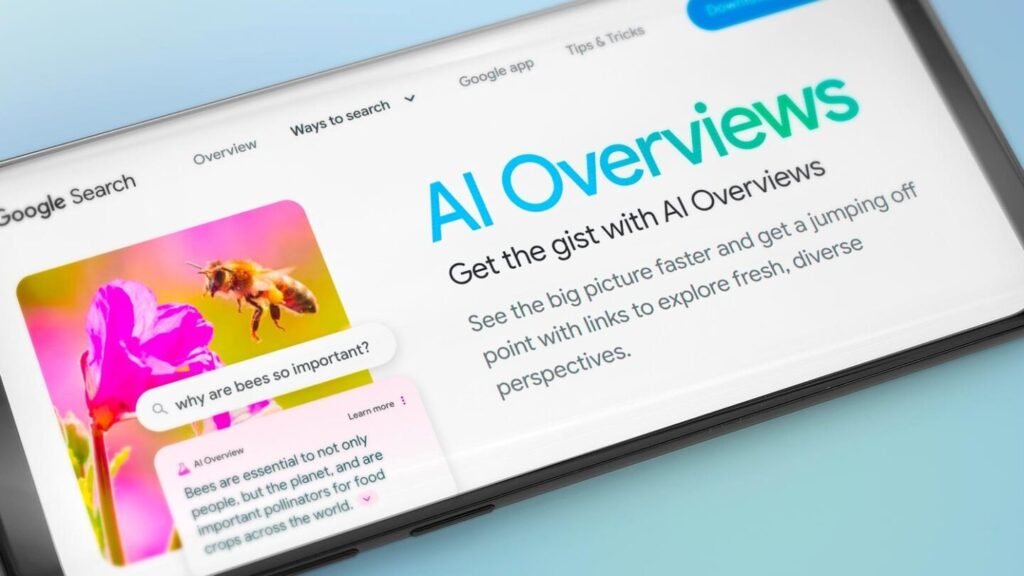Search engine optimization (SEO) has always been a constantly evolving field, and in 2025, Google’s artificial intelligence (AI) is driving some of the biggest shifts we’ve seen in years. From ranking algorithms to search intent interpretation, Google AI is reshaping the way websites are discovered, ranked, and optimized. If you want to stay ahead of the competition, it’s crucial to understand the implications of these changes and how to adapt your SEO strategy accordingly.
Understanding Google AI in SEO
Google has been leveraging AI for years, but recent developments have made it more sophisticated than ever. Tools like RankBrain, BERT, and the newer MUM (Multitask Unified Model) allow Google to understand the context, intent, and nuances of search queries rather than just matching keywords. This means SEO is no longer about keyword stuffing or basic link building—it’s about relevance, user experience, and delivering value.
1. Search Intent is More Critical Than Ever
With AI interpreting queries more intelligently, understanding search intent is essential. Google AI doesn’t just look at the words typed; it analyzes the meaning behind them. This is particularly important for:
- Informational searches: Users looking for answers or insights
- Transactional searches: Users ready to make a purchase or take action
- Navigational searches: Users trying to find a specific site or brand
To optimize for 2025, focus on creating content that directly addresses the intent behind your target keywords. Use structured headings, FAQs, and clear answers to increase the likelihood of ranking.
2. High-Quality Content Wins More Than Ever

AI models can evaluate content depth, structure, and authority. Thin or low-value pages are increasingly ignored, while pages that provide comprehensive, well-organized information tend to rank higher. To optimize your content:
- Conduct thorough research to cover topics fully
- Use LSI keywords to capture semantic relevance
- Incorporate internal and external links to authoritative sources
- Focus on user experience—fast load times, mobile optimization, and readability
3. Featured Snippets and AI-Powered SERP Features
Google AI has made featured snippets and other SERP features more intelligent. Pages optimized for direct, concise answers are more likely to appear in these coveted positions. To leverage this:
- Identify question-based queries in your niche
- Provide clear, structured answers with bullet points or tables
- Use schema markup to enhance your visibility in rich results
4. Voice Search Optimization
Voice search is booming, and Google AI plays a significant role in interpreting natural language queries. Unlike typed searches, voice queries are conversational and often longer. To optimize for voice search:
- Use long-tail keywords and natural phrasing
- Focus on FAQ-style content that matches spoken language
- Ensure mobile optimization, as most voice searches occur on mobile devices
5. AI and Technical SEO
Technical SEO remains important, but AI has made it easier to detect and penalize poor site structures, duplicate content, and slow-loading pages. Key areas to focus on include:
- Site speed and Core Web Vitals
- Structured data and schema markup
- Canonical tags and duplicate content prevention
- Mobile-first indexing compliance
Google AI evaluates these factors automatically, meaning neglecting technical SEO can seriously impact rankings.
6. Predictive SEO and AI Analytics
One of the most exciting trends is the use of AI for predictive SEO. Google AI can analyze search trends and user behavior to help anticipate demand and optimize content accordingly. Marketers can leverage AI-powered analytics tools to:
- Identify trending topics in their industry
- Discover keyword opportunities before competitors
- Optimize existing content based on performance predictions
Conclusion
In 2025, SEO is no longer just about keywords and backlinks. Google AI has made search intent, content relevance, technical SEO, and predictive analysis essential components of a successful strategy. By focusing on high-quality, user-centric content and leveraging AI-driven tools and insights, businesses can stay competitive and thrive in an increasingly intelligent search landscape.
SEO in 2025 demands a shift from traditional tactics to a more strategic, data-driven, and user-focused approach. Those who embrace AI’s impact and adapt their strategies accordingly will be the ones dominating search rankings for years to come.




